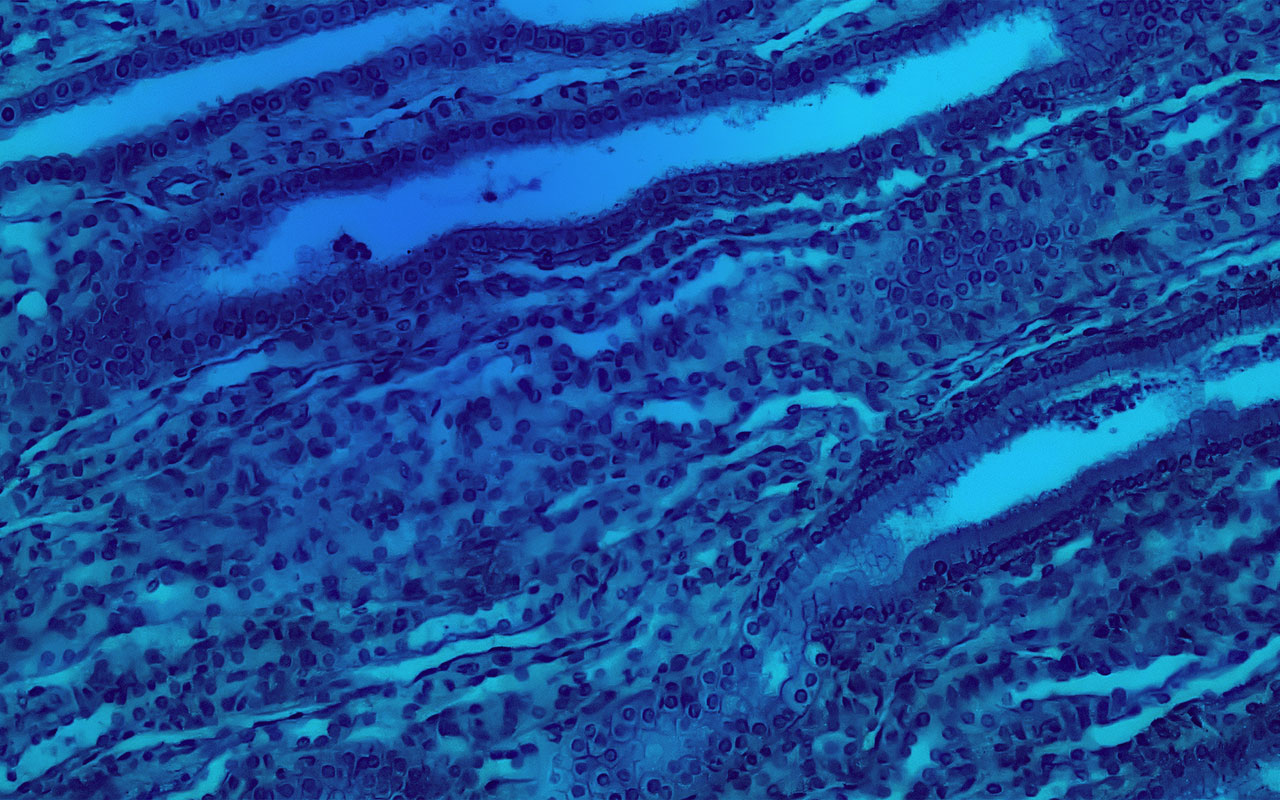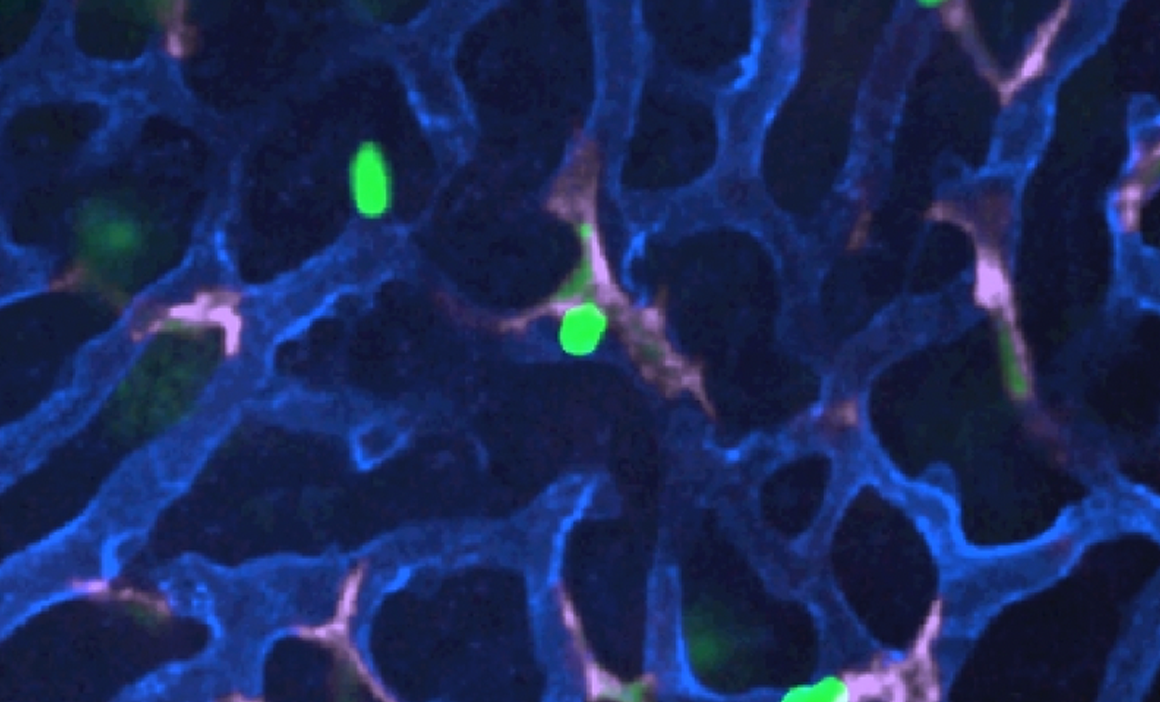Driving innovation in kidney therapeutics
Kidney disease represents a major unmet need, affecting hundreds of millions worldwide.
Arch is advancing a mechanism-based pipeline spanning both chronic and acute kidney disease, with three programs designed to directly target the underlying drivers of kidney injury and disease.
CKD Platform – Novel Therapeutics for Chronic Kidney Disease
Arch’s IL-32 CKD platform targets a cytokine directly implicated in diabetic kidney disease (DKD), the leading cause of kidney failure worldwide. By focusing on this pathway, the program advances a novel, on-target therapeutic approach that strengthens Arch’s leadership in kidney therapeutics.
LSALT peptide – Blocking Inflammation in Acute Kidney Injury (AKI)
Arch’s lead drug candidate, LSALT peptide (Metablok™), is a first-in-class DPEP1 inhibitor designed to protect the kidneys from ischemia-reperfusion injury. It is now being evaluated in a global Phase II trial for cardiac surgery–associated AKI (CS-AKI).
Cilastatin – Drug Toxin-Related Acute Kidney Injury (AKI)
Cilastatin is a repurposed DPEP1 inhibitor being evaluated for its ability to block toxic drug uptake into the kidneys and prevent toxin-induced AKI. Now in the Phase II PONTiAK trial (700 patients, CIHR/ACT funded), targeting AKI caused by antibiotics, chemotherapeutics, and contrast agents.
Meet the science team.
Arch Biopartners’ scientific leadership brings deep expertise in kidney disease, inflammation biology, and advancing discoveries from the lab to the clinic.
- Dr. Daniel Muruve, Chief Science Officer and Co-Founder, leads the Company’s clinical and translational research, with internationally recognized expertise in kidney disease and inflammation.
- The scientific team includes leading investigators from the University of Calgary, whose discoveries established the dipeptidase-1 (DPEP1) pathway and LSALT Peptide as first-in-class approaches to prevent inflammation-driven kidney injury.
- The addition of Dr. Justin Chun as a Principal Scientist marks Arch Biopartners’ expansion into chronic kidney disease (CKD), advancing a breakthrough platform that targets IL-32 in diabetic kidney disease.
The company’s lead scientists have authored key peer-reviewed papers as part of their ongoing research and development.
Treatments for Inflammation publications surrounding the development of LSALT Peptide (Metablok) as a treatment for inflammation, with broad applications to prevent organ and tissue injury.
- BMJ Open, March 2024 – Multicentre, randomised, double-blind, placebo-controlled, proof of concept study of LSALT peptide as prevention of acute respiratory distress syndrome and acute kidney injury in patients infected with SARS-CoV-2
- Science Advances, February 2022 – Dipeptidase-1 governs renal inflammation during ischemia reperfusion injury
- Cell, August 2019 – Dipeptidase-1 Is an Adhesion Receptor for Neutrophil Recruitment in Lungs and Liver
CKD Platform publications are forthcoming and will be made available here. Currently there is a significant abstract published in the Journal of the American Society of Nephrology (JASN), titled IL-32 Is a Lipid Droplet-Associated Mediator of Tubular Injury in Diabetic Kidney Disease.





